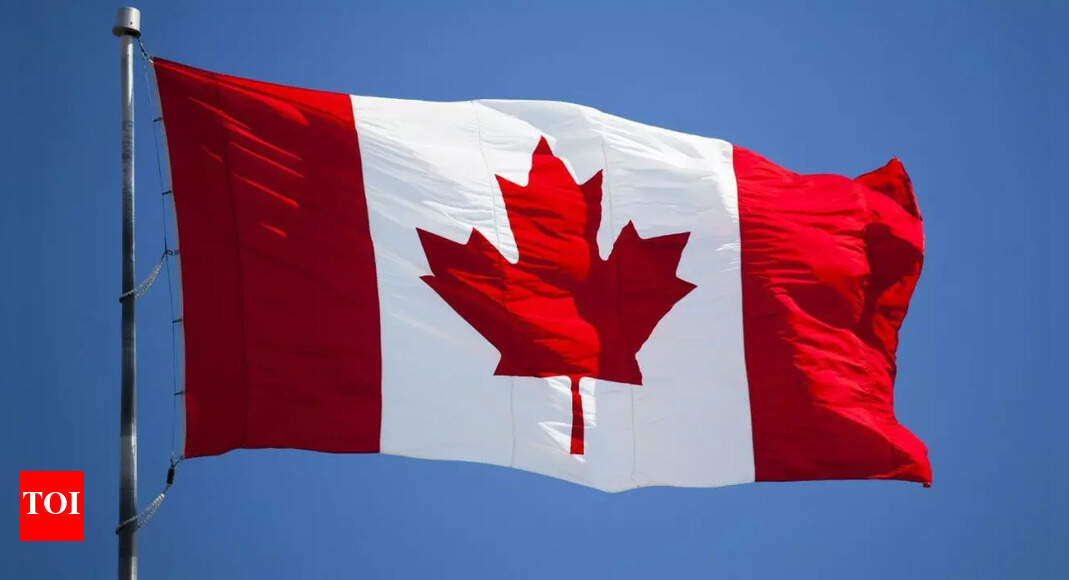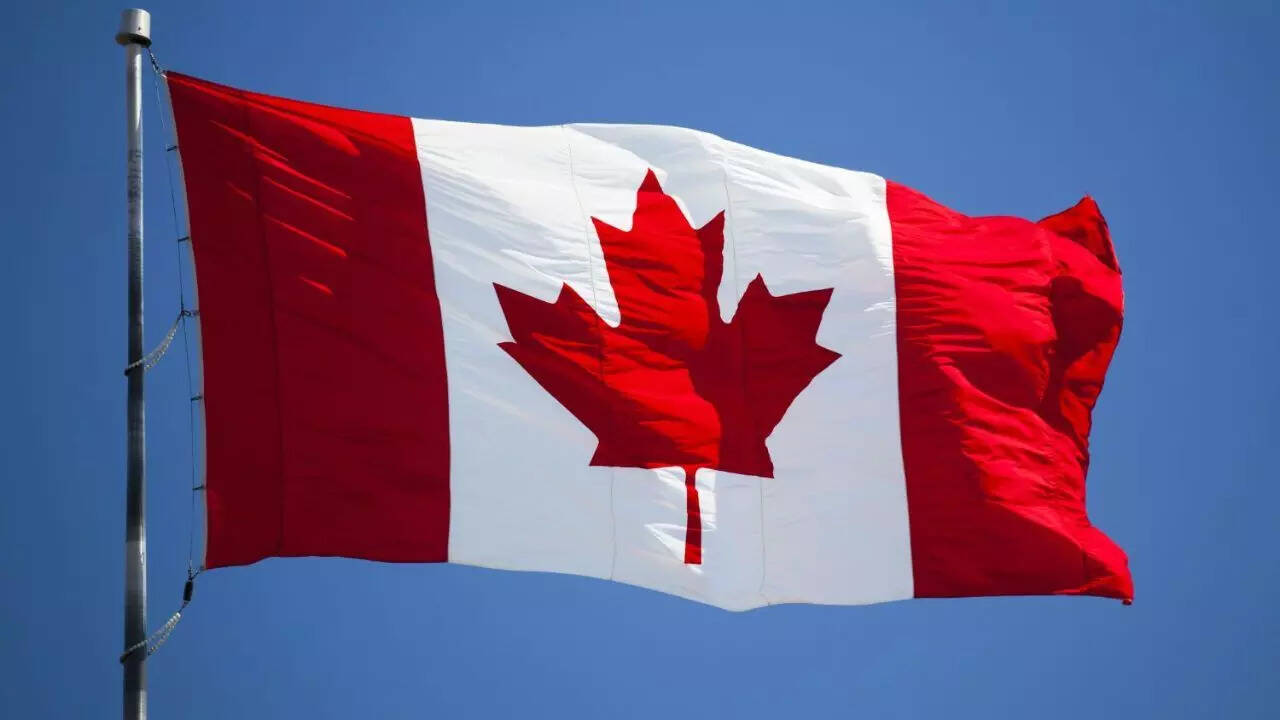TORONTO: Canadians voted on Monday on whether to back their new Prime Minister, Mark Carney, and extend his Liberal Party’s decade in power or hand control to the Conservatives and their populist leader, Pierre Poilievre. But the election was also a referendum on someone who isn’t even Canadian: Donald Trump. The US President trolled Canadians on election day by suggesting on social media that he was in fact on the ballot and repeating that Canada should become the 51st state, incorrectly claiming the US subsidises Canada. “It makes no sense unless Canada is a State!” Trump wrote.
Poilievre, who has been criticised for not taking a firmer stance against Trump, responded with a post of his own.
“President Trump, stay out of our election. The only people who will decide the future of Canada are Canadians at the ballot box,” he posted. “Canada will always be proud, sovereign and independent and we will NEVER be the 51st state.”
Until Trump won a second term and began threatening Canada’s economy and sovereignty, the Liberals looked headed for defeat. But Trump’s truculence has infuriated many Canadians, leading many to cancel US vacations, refuse to buy American goods and possibly even vote early. A record 7.3 million Canadians cast ballots before election day.
Trump’s attacks also put Poilievre and the opposition Conservative Party on the defensive and led to a surge in nationalism that helped the Liberals flip the election narrative.
“The Americans want to break us so they can own us,” Carney said recently, laying out what he saw as the election’s stakes. “Those aren’t just words. That’s what’s at risk.”
Election day came as the country grappled with the fallout from a deadly weekend attack at a Vancouver street fair that led to the suspension of campaigning for several hours. Police ruled out terrorism and said the suspect is a local man with a history of mental health issues.
Trump became the main issue Poilievre and his wife walked hand-in-hand to vote in their district in the nation’s capital, Ottawa. “Get out to vote for a change,” he implored voters.
Sisters Laiqa and Mahira Shoaib said they did just that, with Laiqa, a 27-year-old health care worker, voting for the progressive New Democratic Party, and Mahira, a 25-year-old bank worker, backing the Conservatives.
The sisters, who immigrated from Pakistan a decade ago, said the economy has worsened and job opportunities have dried up under Liberal rule.
After the sisters voted at a community centre in the Toronto suburb of Mississauga, Mahira Shoaib said she thinks Poilievre is best equipped to improve Canada’s finances.
“He is business-minded, and that’s what we need right now,” she said.
Poilievre had hoped to make the election a referendum on former Prime Minister Justin Trudeau, whose popularity declined toward the end of his decade in power as food and housing prices rose and immigration surged.
But then Trump became the dominant issue, and Poilievre’s similarities to the bombastic president could cost him.
“He appeals to the same sense of grievance,” Canadian historian Robert Bothwell said of the Conservative leader. “It’s like Trump standing there saying, ‘I am your retribution.'”
“The Liberals ought to pay him,” Bothwell added, referring to the American president. “Trump talking is not good for the Conservatives.”
Foreign policy hasn’t dominated a Canadian election this much since 1988 when, ironically, free trade with the US was the prevailing issue.
Winner will face litany of challenges
Canada has been dealing with a cost-of-living crisis for some time. And more than 75 per cent of its exports go to the US, so Trump’s threat to impose sweeping tariffs and his desire to get North American automakers to move Canada’s production south could severely damage the Canadian economy.
Both Carney and Poilievre said that if elected, they would accelerate renegotiations of a free trade deal between Canada and the US in a bid to end the uncertainty hurting both of their economies.
Carney has notable experience navigating economic crises after running Canada’s central bank and later becoming the first non-UK citizen to run the Bank of England.
Trump dialled back his talk of Canada becoming the 51st state during the campaign until last week, when he said Canada “would cease to exist as a country” if the US stopped buying its goods. He also said he’s not just trolling Canada when he says it should become a state.
In response to the threats to Canadian sovereignty, Carney pleaded with voters to deliver him a strong mandate to deal with Trump.
“President Trump has some obsessive ideas, and that is one,” Carney said of his annexation threat. “It’s not a joke. It’s his very strong desire to make this happen. It’s one of the reasons why this crisis is so serious.”
Reid Warren, a Toronto resident, said he voted Liberal because Poilievre “sounds like mini-Trump to me.” And he said Trump’s tariffs are a worry.
“Canadians coming together from, you know, all the shade being thrown from the States is great, but it’s definitely created some turmoil, that’s for sure,” he said.
Canadians vote in an election dominated by Trump’s trade war and bluster | World News
3




